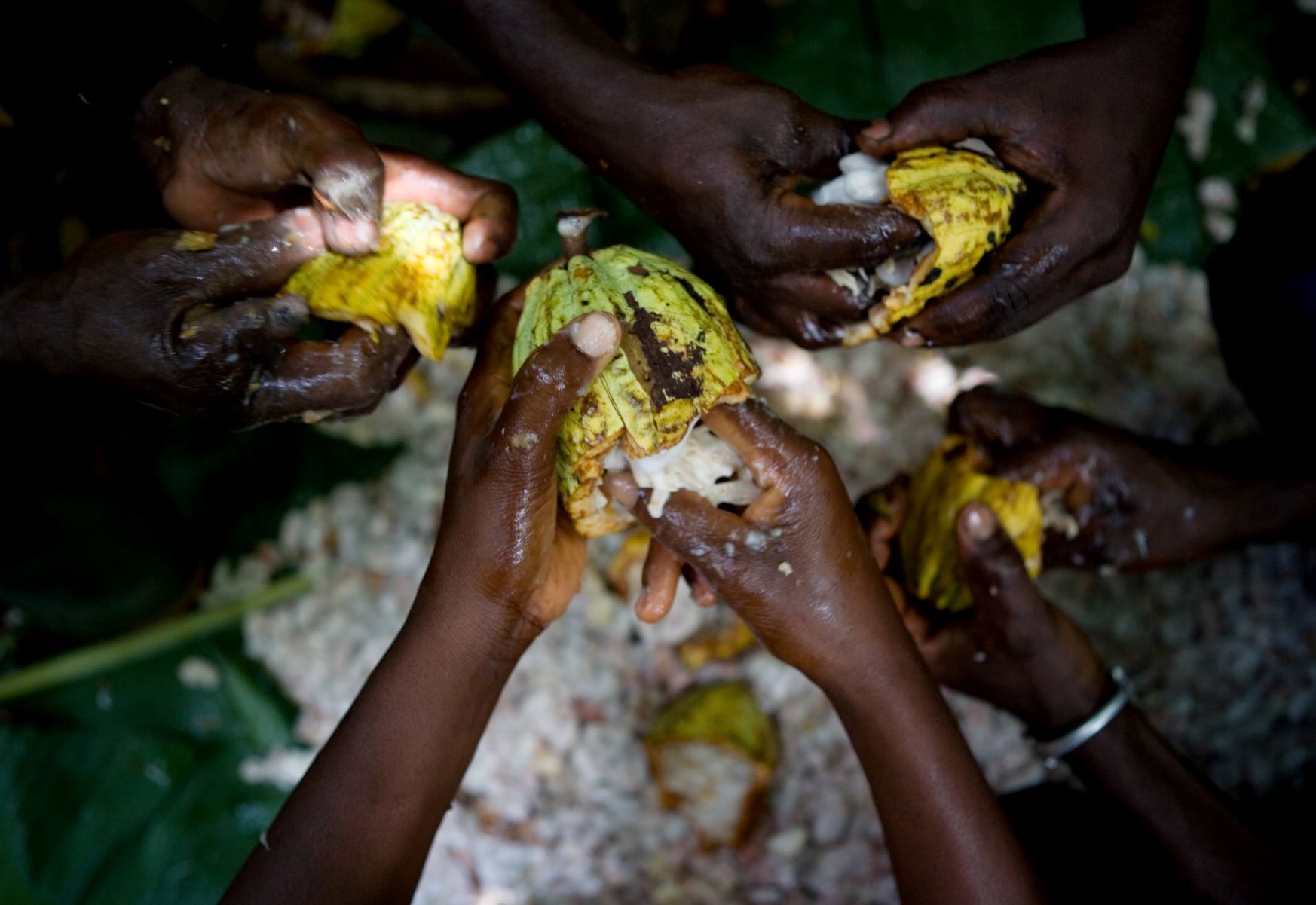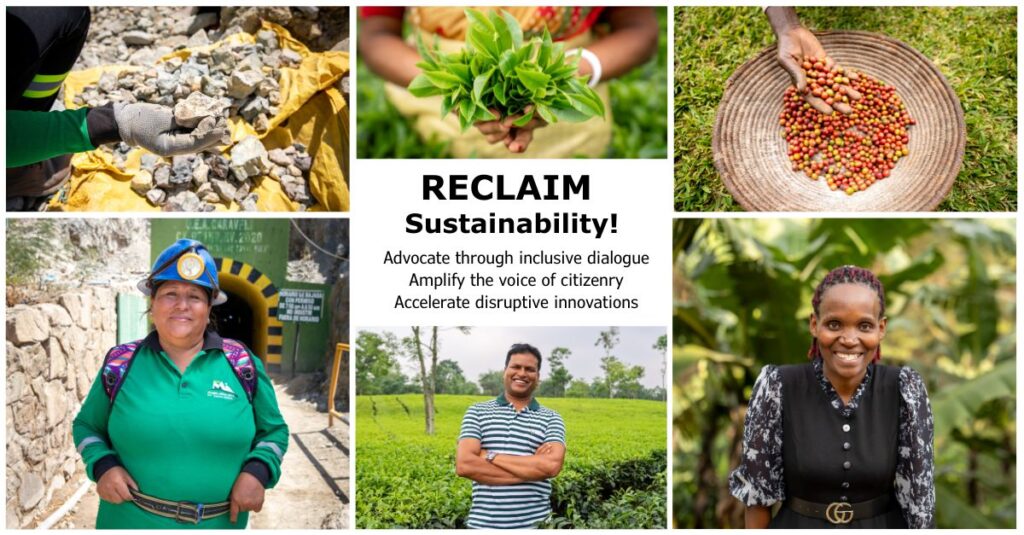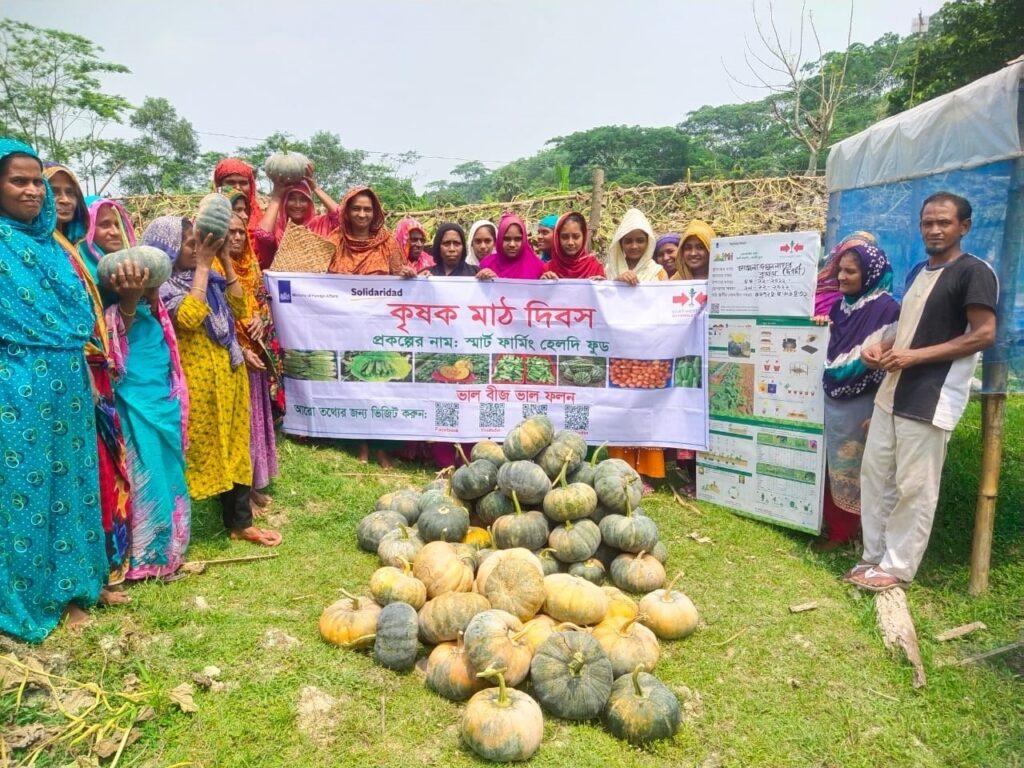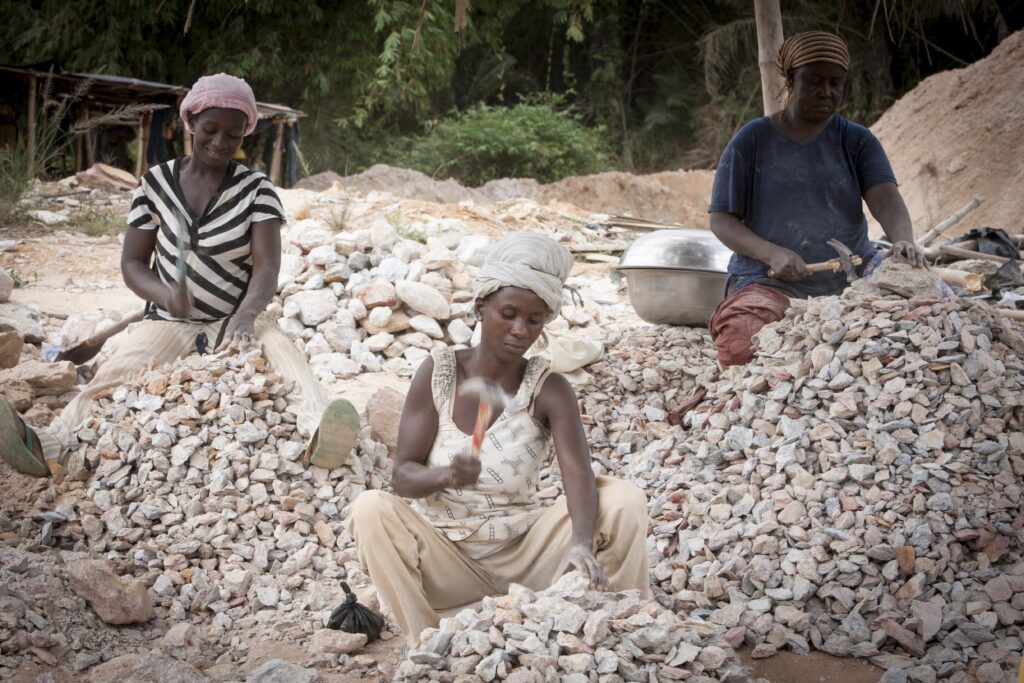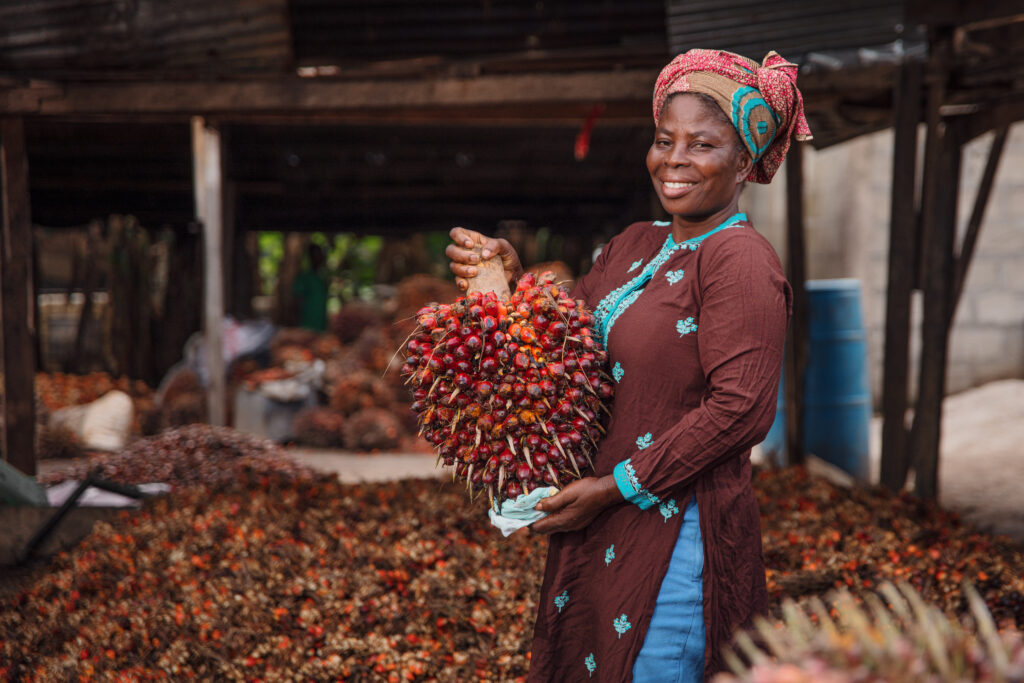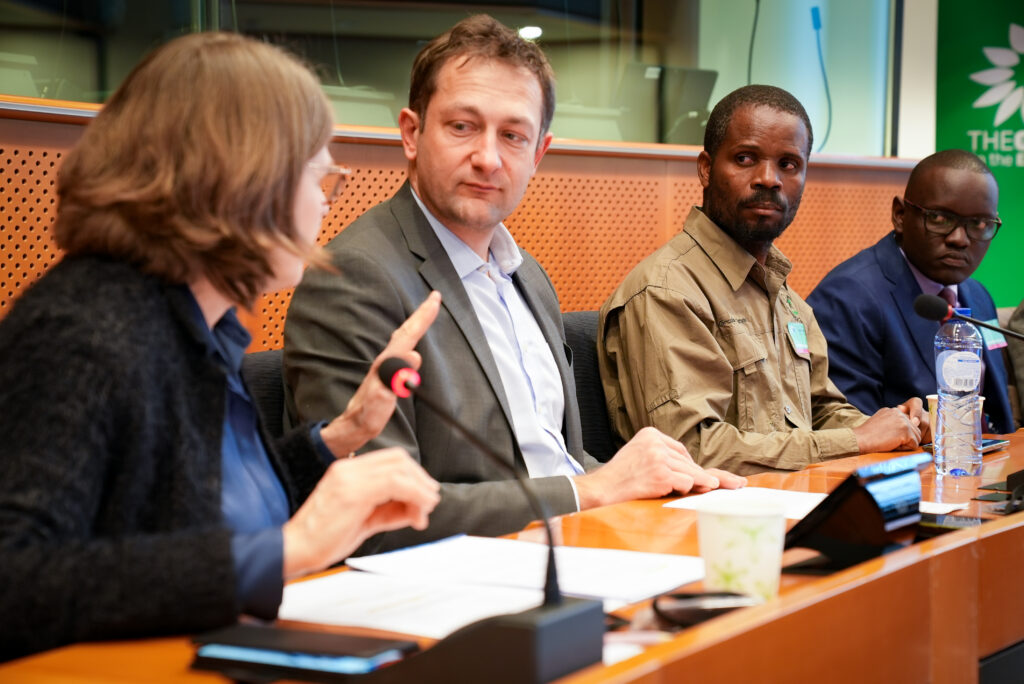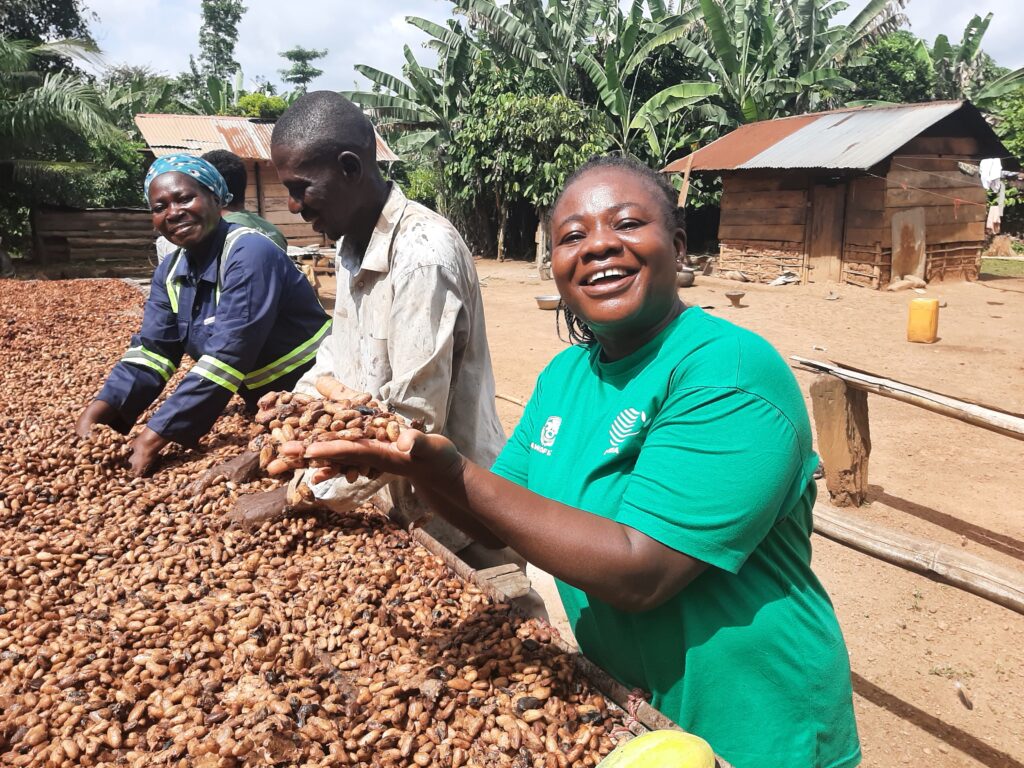Any day now, the European Commission will unveil plans for companies to conduct due diligence in their supply chains – to be called the ‘Sustainable Corporate Governance Directive’. It will require companies to conduct due diligence in order to identify, prevent, and mitigate human rights and environmental abuse in their supply chains.
We need these regulations desperately – but they can’t just be about box ticking. They have to improve things for the longer term, and that’s why they must involve the very people they are supposed to support; farmers, workers, and producers outside Europe.
A ‘duty to engage’
Not engaging with producers has caused many similar efforts to fail before, often because they didn’t follow existing guidance – from both the UN and the OECD – that companies should genuinely collaborate with their producers throughout their supply chain, and don’t make plans that affect them without talking with them first.
The EU’s new rules could be a great success if they include a specific ‘duty to engage’ requirement. UN Special Rapporteur on extreme poverty and human rights, Olivier De Schutter, explains the need clearly:
What we need is a sustained commitment to partner with producers – something that can lead to continuous improvement that addresses root causes, deepens relationships, and gradually improves the situation. By enshrining engagement, or a duty to collaborate, into the EU’s Sustainable Corporate Governance Directive we can go beyond narrow compliance to a new gold standard in human rights and environmental legislation.
Olivier De Schutter, UN Special Rapporteur
It’s actually not that difficult – Solidaridad has been helping companies to engage producers for decades – but worryingly it’s been reported that the European Commission plans to go a different way on this. Instead of giving companies meaningful reasons to engage with producers, they may instead diminish the responsibility for EU buyers further down the supply chain.
This would almost certainly mean the new rules will fail. Not only does it ignore the enormous influence our largest companies have over their producers, but it would also push responsibility for fixing problems onto the weaker actors in the supply chain. The next time something goes wrong, blame will fall on suppliers who are already being squeezed, instead of the companies with the greatest power and responsibility. Instead of being empowered to improve, smallholder farmers and small business owners in producing countries will just lose their buyers – a vicious cycle that damages communities and fails to address human rights or environmental abuse.
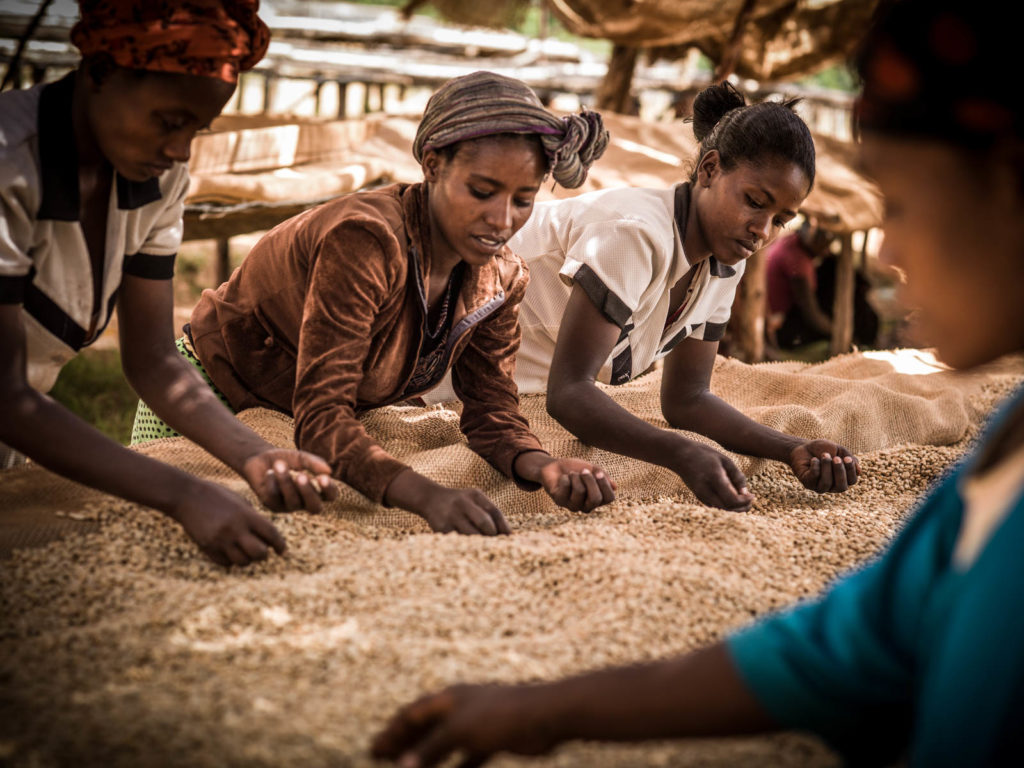
Beyond narrow compliance
Due diligence is not about asking companies to find low-risk suppliers – in a complex world such a black and white market perspective will never build a sustained drive for improvement. Instead we should encourage, and reward, companies for investing and supporting initiatives that allow their suppliers to continuously improve, and raise the floor on humanitarian and environmental goals over time.
A good example is the cell phone manufacturer Fairphone. CEO Eva Gouwens said:
We listen to workers in our supply chains, involve them when implementing solutions, and empower them to have an influence on their working conditions. For example, after factory workers raised concerns about low wages we introduced a living wage bonus for workers at our supplier. We see the need to go beyond the traditional compliance model to realize decent work in the supply chain, and a duty to collaborate could encourage other companies to do the same.
Eva Gouwens, CEO at Fairphone
Another recent example is Nestlé, who have taken steps to proactively address sustainability challenges in cocoa production. Bart Vandewaetere, VP ESG Engagement for Nestlé Europe, said:
New EU rules should push companies to engage closer with producers and suppliers to develop interventions with positive long-term impact. This could lead to more programmes like our new Income Accelerator Program, which will provide cash incentives to cocoa farmers and spouses for more sustainable cocoa farming. Constant engagement with producers will help us evaluate our impact and adapt our approach when needed.
Bart Vandewaetere, VP ESG Engagement for Nestlé Europe

The public’s expectations
The EU’s mandatory due diligence framework needs to take a holistic approach – not simply punishing non-compliance, but encouraging solutions and partnerships that tackle the root causes of supply chain issues without leaving those with the most limited means with the highest bill.
However, despite the guidance of specialists, NGOs, the UN and the OECD, it is possible that a duty to engage may be dropped from the European Commission’s first draft. If so, consumers everywhere will expect the European Parliamentarians to insist on including a duty to engage. According to YouGov over 80% of the public across Europe are looking for meaningful legislative action to tackle issues in our supply chains.
The SCGD represents an extraordinary opportunity – a huge step toward meeting consumer expectations that the food and items they buy are made responsibly and sustainably. We hold out hope that the European Commission will show the leadership consumers and producers need from them – but if a duty to engage is absent, we will support MEPs to take the lead.

